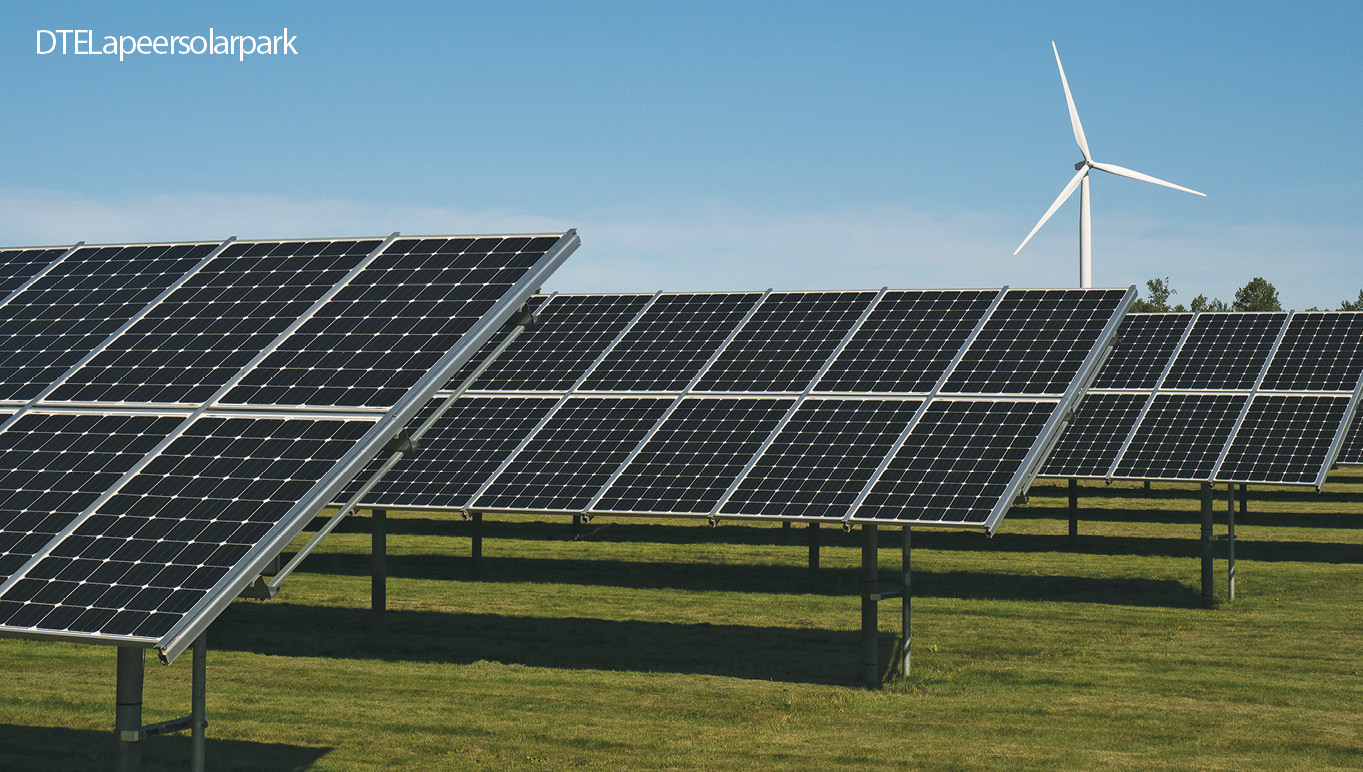Backed by a nearly $50 million investment, Toyota Motor North America (TMNA) is constructing a new automotive battery lab at its North American R&D headquarters near Ann Arbor in York Township, Michigan. Planned to open in 2025, the new lab will evaluate batteries for electric and electrified vehicles, ensuring the performance, quality and durability of each product.
Beyond battery development, other lab activities will include evaluations using Level 2 and Level 3 charging as well as connectivity to power sources and infrastructure. In addition to supporting Toyota’s current battery production line, the lab’s engineers will also explore concepts for future battery and product designs, which have the potential to contribute to the development of new electrified vehicle architectures.
“This new investment in our North American R&D operation, which has been a key pillar of the Michigan automotive industry for more than 50 years, shows Toyota’s directional shift towards electrification for all,” said Shinichi Yasui, executive vice president of TMNA Research and Development, in a statement. “By adding these critical evaluation capabilities around automotive batteries, our team is positioned to better serve the needs of our customers, including Toyota Battery Manufacturing North Carolina and Toyota Motor Manufacturing Kentucky, the latter of which will soon be assembling the recently announced all-new, three-row, battery electric SUV.”
Michigan-Made Power
Like Toyota’s R&D headquarters and six other facilities across Washtenaw County, its new expansion will also be enrolled in Detroit-based DTE Energy’s MIGreenPower program, the largest voluntary renewable energy program in the nation. This initiative enables DTE’s residential and business customers to derive a greater percentage of their electricity from local wind and solar projects.
In April, Toyota announced its 20-year commitment to the program, stating that by 2026, all of Toyota’s research and development operations in Michigan will attribute 100% of their electricity use to renewable energy projects.
“Renewable energy programs like DTE’s MIGreenPower program are crucial to helping companies seeking a reduced carbon footprint to achieve their goals,” said Kevin Butt, director of environmental sustainability for TMNA. “From our R&D facilities in Michigan to our production and corporate facilities across the nation, Toyota aims to achieve carbon neutrality throughout our operations by 2035.”
This partnership alone is expected to have an environmental impact equal to avoiding 29,000 metric tons of CO2 or greenhouse gas emissions from more than 6,200 gasoline-powered cars driven for a year.
“Toyota joins a growing list of Michigan-based automotive manufacturers and suppliers who are enrolling in MIGreenPower to meet their sustainability goals,” said Brian Calka, vice president of renewable sales and project development for DTE Energy, in a press release. “Currently, more than 70% of MIGreenPower business customers are involved in the automotive sector.”
As of April 2023, more than 800 businesses were enrolled in the program.
Paving the Way for Partnerships
Alongside collaborating with various locations in the TMNA network, this facility will partner with other North American suppliers to integrate locally manufactured battery components and materials into its range of hybrid, plug-in hybrid, fuel cell and battery electric products.
Four months after Toyota announced these plans, the company signed a supply agreement with South Korea-based LG Energy Solutions for lithium-ion battery modules to be used in its battery electric vehicles (BEVs) assembled in the United States.
As stated in the contract, starting from 2025, LG’s Holland, Michigan, facility will annually provide Toyota with 20 GWh of battery modules consisting of high-nickel NCMA (nickel, cobalt, manganese, aluminum) pouch-type cells. To fulfill the supply agreement, LG is investing approximately $3 billion to expand its Michigan operations and create production lines exclusively for Toyota.
This comes only five months after LG celebrated placing the last beam in the Holland plant’s $1.7 billion expansion that began in March 2022. Through this project, the company constructed a 1.7-million-sq.-ft.- building to increase its battery capacity from 5 GWh to 25 GWh, five times greater than it was before.
“LG Energy Solution is at the forefront of green business, promoting sustainability, electrification and innovation,” said LG Energy Solution Michigan President Bonchul Koo in a press release. “We have already become a contributor to the State of Michigan’s ‘championship economy.’ Michigan was a natural choice to our commitment of building an impactful global business because of its rich pool of talent, being close to the geographic epicenter of the automotive industry and its strong support. I am optimistic about realizing LG Energy Solution’s aim to achieve carbon neutral by 2050 and about creating ripple effects of environment-conscious business in Michigan and beyond. I look forward to what the future holds.”
For this project, The Michigan Strategic Fund approved a package of incentives including:
- A 20-year Renaissance Zone to the city of Holland, valued at an estimated $132.6 million;
- Up to $36.5 million in Community Development Block Grant funds to Allegan County to reimburse the company for the purchase of machinery and equipment, with an additional $50,000 for grant administration;
- A $10 million Jobs Ready Michigan performance-based grant to assist with job-related training;
- A $10 million Michigan Business Development Program performance-based grant for the creation of up to 1,200 jobs.
While LG did create hundreds of new jobs at the plant, in November, the company laid off 170 Holland plant employees.
“As we continue our mass expansion and renovations, LG Energy Solution Michigan is transitioning and retooling some production lines from our current production facility to our second factory within our Holland site,” the company said in an emailed statement. “Less staff will be needed as some production lines are transitioned.”
The company revealed that in addition to this production gap, “automakers realigning the speed of the EV transition” was another contributing factor to this decision. The layoffs are set to occur in phases between December 2023 and January 2024. Prior to the announcement, the facility employed roughly 1,500 workers.
“LG Energy Solution continues to grow and has a bright future in the automotive industry,” the statement continued. “The major expansion project for our second facility is well underway. And, with the recent partnership announcement with Toyota, we will supply batteries to all five top global automakers.”


